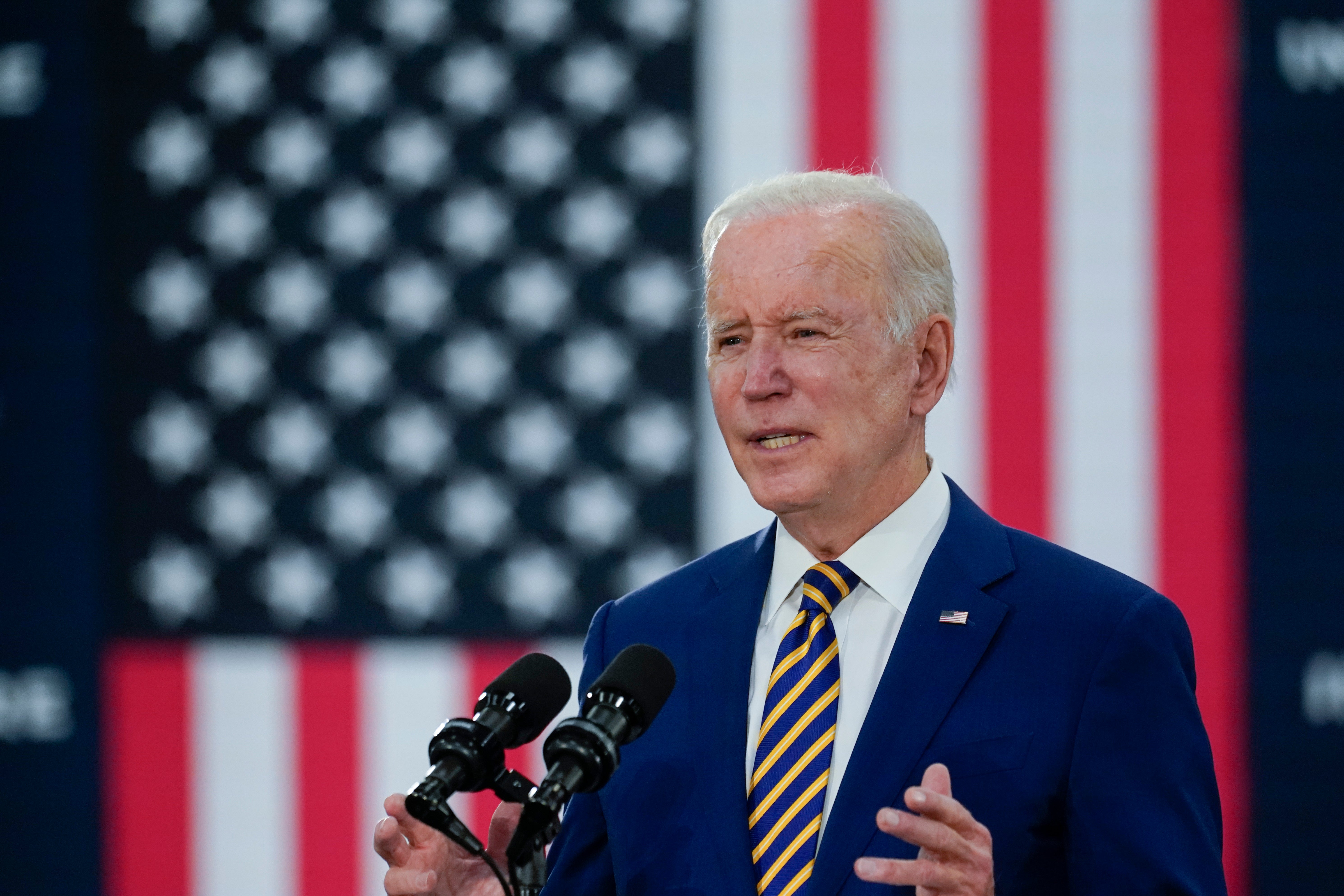Biden HIV/AIDS strategy calls racism 'public health threat'
The Biden administration in its new HIV/AIDS strategy is calling racism “a public health threat” that must be fully recognized as the world looks to end the epidemic

The Biden administration in its new HIV AIDS strategy calls racism “a public health threat” that must be fully recognized as the world looks to end the epidemic.
The strategy released Wednesday on the annual commemoration of World AIDS Day is meant to serve as a framework for how the administration intends to shape its policies, research, programs and planning over the next three years.
The new strategy asserts that over generations “structural inequities have resulted in racial and ethnic health disparities that are severe, far-reaching, and unacceptable.”
To reduce the disparities, the strategy includes calls for focusing on the needs of disproportionately affected populations, supporting racial justice, combating HIV-related stigma and discrimination and providing leadership and employment opportunities for people with or who experience risk for HIV.
Besides addressing racism's impact on Americans battling the virus or at risk of contracting it, the new strategy also puts greater emphasis on harm reduction and syringe service programs, encourages reform of state laws that criminalize behavior of people with HIV for potentially exposing others and adds focus on the needs of the growing population of people with HIV who are aging.
More than 36 million people worldwide, including 700,000 in the U.S., have died from AIDS-related illnesses since the start of the epidemic more than 40 years ago. Nearly 38 million people are living with HIV, including 1.2 million in the U.S.
President Joe Biden is scheduled to deliver remarks to commemorate World AIDS Day. His administration recently announced it will host the Global Fund to Fight AIDS replenishment conference next year. The United States has contributed about $17 billion to the fund, about a third of all donor contributions.
Bookmark popover
Removed from bookmarks